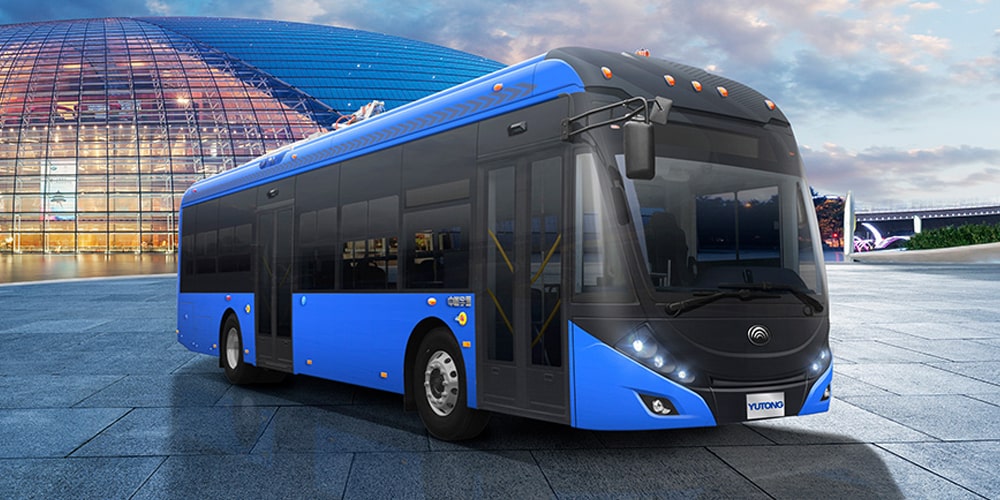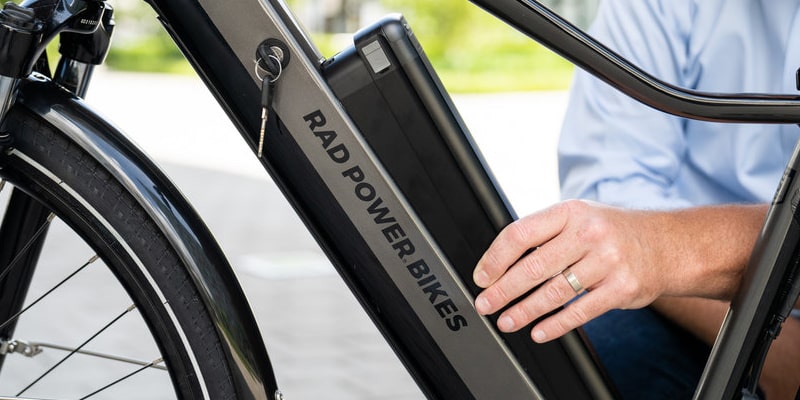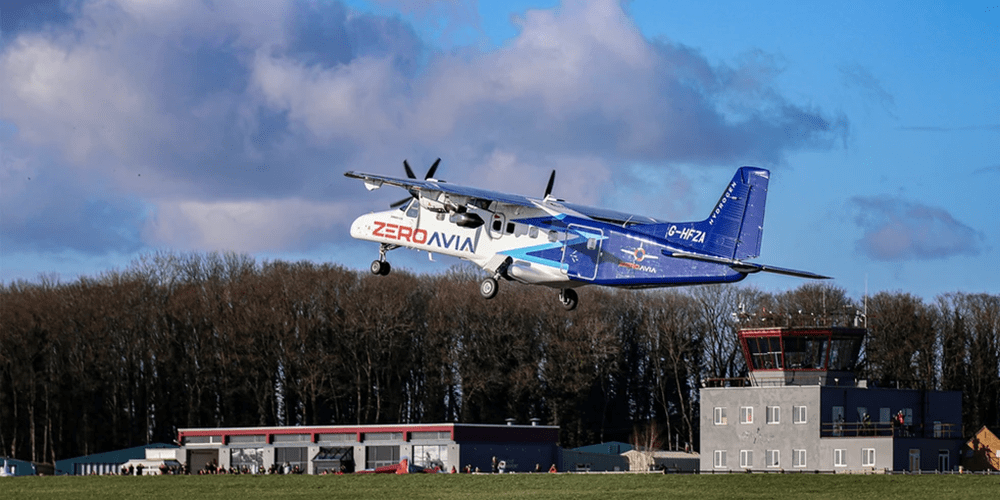In a landmark move towards sustainable transport and achieving net zero by 2060, Nigerian energy company Oando Clean Energy Limited (OCEL) has partnered with China’s bus builder Yutong to bring 12,000 electric buses to Nigerian roads over the next seven years. The partnership also includes plans to build the necessary infrastructure and a local assembly plant for electric buses. This marks Yutong’s first delivery of electric mass transit buses in sub-Saharan Africa, and the first step towards the large-scale deployment of an electric-powered public road transport system in Nigeria.
See also: Nigerian Entrepreneur Turns ICE Mini-buses into Electric Vehicles
The project will begin in Lagos State, where the first two electric buses and charging stations have arrived for a pilot phase. The eventual transition of current combustion mass transit buses to electric will spread across the country, creating 3,000 jobs for drivers and 2,000 opportunities for other support staff, and generating an estimated economic cost savings of $2.6 billion, equivalent to about 2.35 billion euros and 3.6% of Lagos’ GDP. This will provide a significant boost to the seven million people in Nigeria who rely on public transport for their daily commute.
OCEL Chairman Adewale Tinubu emphasizes the importance of public-private partnerships in achieving this goal, stating that “the only way to remain ahead of the curve is by being unafraid to break new ground and consistently looking for opportunities to leapfrog.” The Sustainable Transport Initiative not only supports Nigeria in meeting its goal of net zero by 2060 but is also strategically aligned with the Nigeria Energy Transition Plan, specifically supporting the country’s ambition to construct EV assembly plants.
See also: Deutsche Bahn to Purchase 60 Hydrogen Buses for DB Regio Bus Division
This partnership is a positive example of how countries can work together to tackle the global challenge of climate change. It is an encouraging sign that even countries in the developing world are taking ambitious steps towards a cleaner, more sustainable future. As we move towards a more electrified transportation system, it is critical that governments and the private sector work together to ensure a smooth transition and make electric transport accessible to all.







